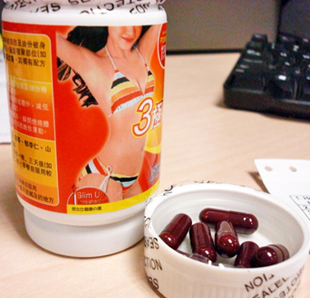PHILADELPHIA - A local woman pleaded guilty Dec. 17 to an 18-count indictment for illegally importing and distributing more than four million diet pills that contained a controlled substance, unapproved drugs, and a possible carcinogen. This case was investigated by U.S. Immigration and Customs Enforcement's (ICE) Homeland Security Investigations (HSI).
Mimi Trieu, 46, owned Hong Kong Beauty International in Philadelphia, which imported and distributed a variety of beauty products, including diet pills. Trieu pleaded guilty to 11 counts of mail fraud, one count of conspiracy to smuggle illegal merchandise, and six counts of distributing Sibutramine, a schedule IV controlled substance. A sentencing hearing is scheduled for March 10. If convicted, Trieu faces a maximum sentence of 243 years in prison and a $4.5 million fine.
Trieu imported and sold diet pills between October 2008 and May 2009. She continued to import the pills until March 2010, even after learning that the capsules contained Sibutramine and other dangerous substances, and that the pills did not have approval from the Food and Drug Administration (FDA). The FDA issued warnings to consumers that, in addition to the Sibutramine, the drugs contained an anti-seizure medication and a chemical solvent that is considered a possible carcinogen.
According to the FDA, these drugs could cause serious side effects in some people, including nausea, vomiting, elevated blood pressure, heart attacks and strokes.
Trieu was charged with conspiring to smuggle the diet pills from China through the mail, using packages with customs declarations that falsely described the capsules as "gifts" worth minimal amounts. Trieu falsely advertised the illegal diet capsules as containing natural ingredients while failing to disclose to customers that the pills contained Sibutramine and other dangerous ingredients. According to court documents, Trieu allegedly told customers that the drugs were manufactured in Japan, and she told a customer that the FDA warning was not true. The indictment also includes a forfeiture notice, which seeks the forfeiture of about $500,000 in proceeds from illegally selling the drugs.
Assisting ICE HSI in this case was the FDA's Office of Criminal Investigations, and the U.S. Postal Inspection Service. These agencies are partners of the ICE-led National Intellectual Property Rights Coordination Center in Arlington, Va.
For more information, visit http://www.ice.gov/.








No comments:
Post a Comment